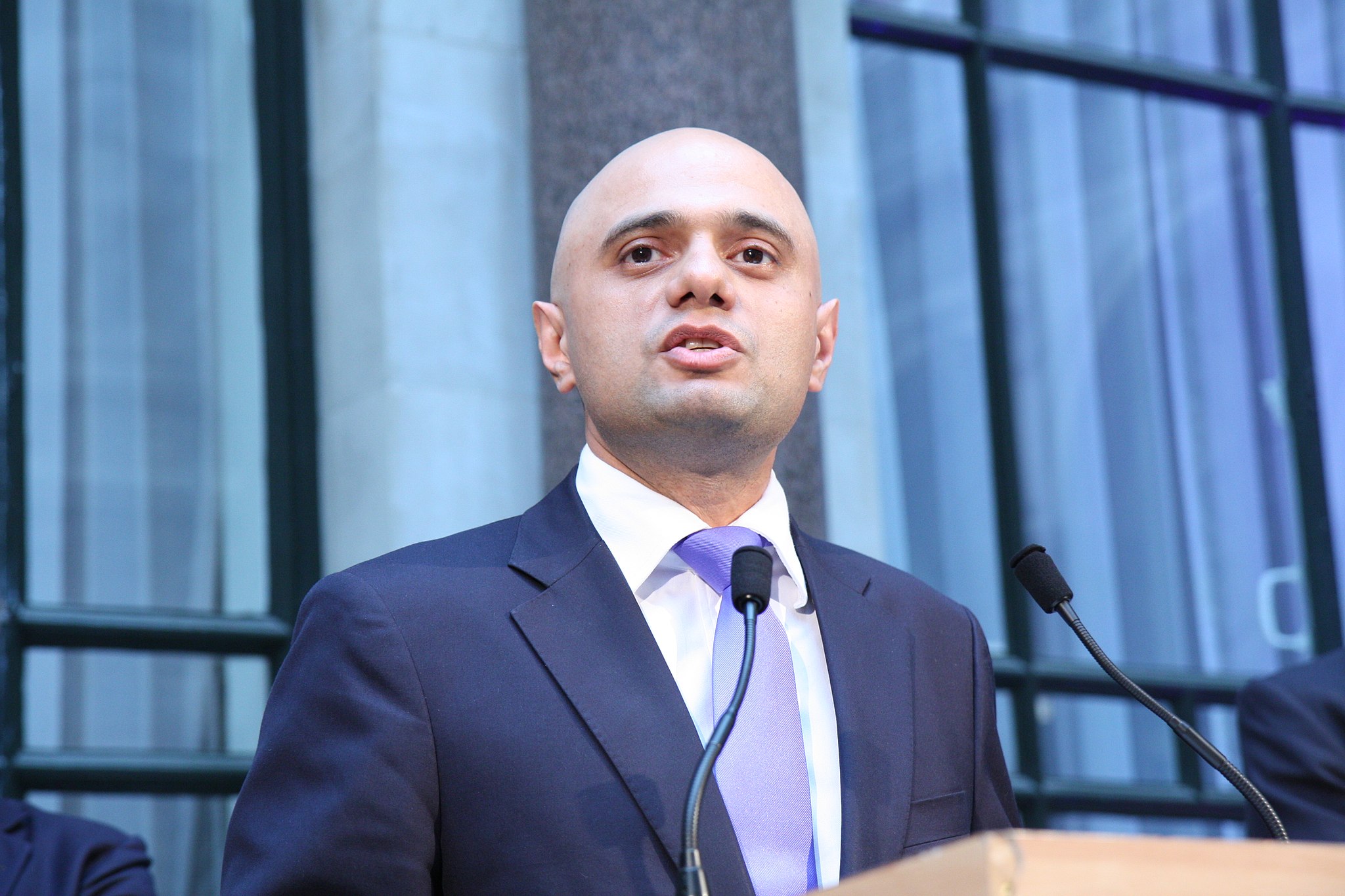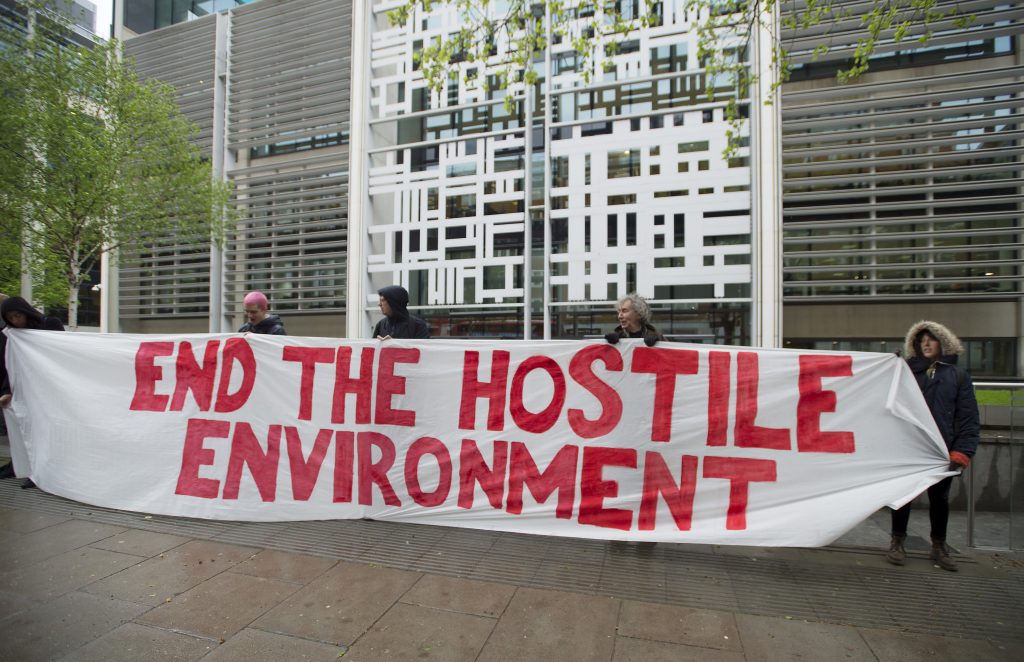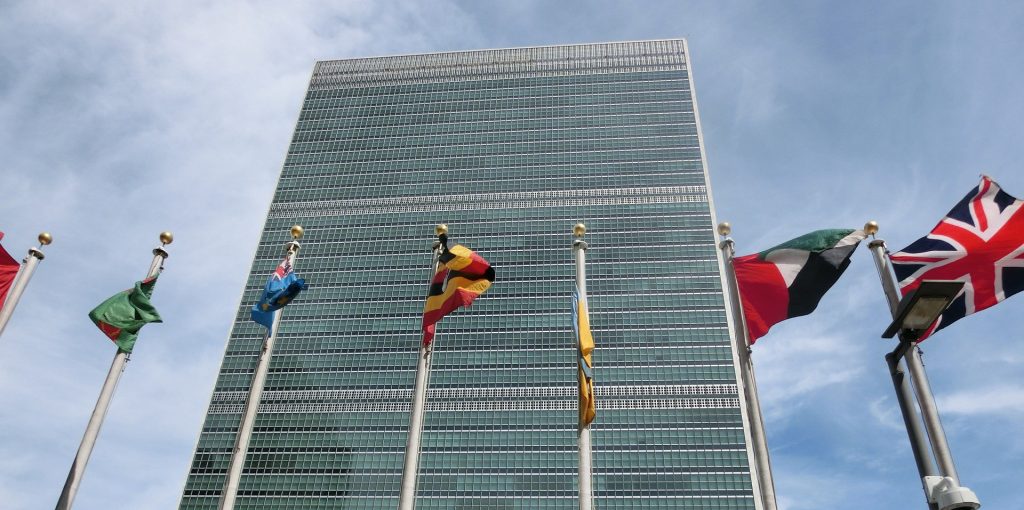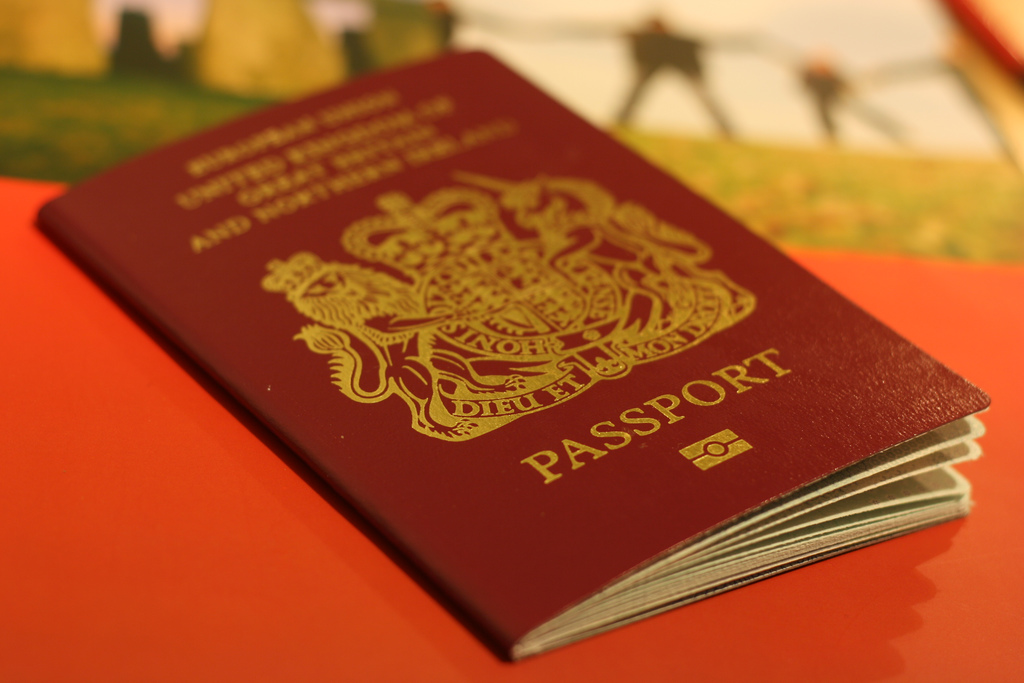The UN must appoint a special envoy to tackle the “global crisis” of statelessness which has led to people in the UK and across the world being denied their basic human rights, a charity has urged.
The International Observatory for Human Rights (IOHR) is campaigning for the creation of a new UN representative to apply pressure on countries, such as the UK, who have been actively engaged in stripping people of their citizenship.
The UN estimates that worldwide around 12 million people are stateless, however the true figure is not known.
But, speaking at a World Statelessness Conference last month, the UNHCR’s Carol Butcher estimated that figure could be as high as 45 million.
“The reason we are campaigning for a UN special envoy on statelessness is because of the scale of the global crisis, which is born of people being stripped of their citizenship,” Valerie Peay, the IOHR’s director, told RightsInfo. “The UK has a duty as a progressive western society to lead the way when it comes to human rights issues such as this.”
Statelessness And The UK

Home Secretary Sajid Javid. Image Credit: FCO/Wikimedia
Home Secretary Sajid Javid’s decision to strip 19-year-old Shamima Begum of her British citizenship in February this year placed this issue of statelessness in the headlines for weeks.
Begum, aged 15, travelled to Syria from her home in east London after being groomed online to become an Isis bride. She remains stuck in a Kurdish-run refugee camp following the group’s demise.
Mr Javid’s move set a “worrying precedent”, Ms. Peay said.
This is just one example of how making a person stateless can have a devastating impact.
Valerie Peay, Director of The International Observatory for Human Rights
“Making a person stateless is a breach of international law and although the British government has claimed Ms Begum has access to inherited Bangladeshi citizenship, the authorities in that country have denied responsibility for this young woman.
The UK does not collect information on stateless people in its census but the Home Office does record it in its detention and asylum statistics, among other areas.
Figures analysed by the Statelessness Index indicate that 184 stateless people were granted asylum or other protection in the UK 2017; 413 in 2016; and 502 in 2015.
However, the Index adds that “these figures may not be accurate, however, as statelessness is not always adequately assessed in the asylum context, and some people are attributed a nationality they do not have”.
Statelessness And The Hostile Environment

Image Credit: Global Justice Now/Flickr
Fees for immigration and nationality applications have risen steadily since 2010 under the hostile environment policy, Ms. Peay added.
“The reason this situation exists is because the government has designed it this way. Years of the hostile environment policy has seen the cost of citizenship applications soar – particularly for children.
“Since 2014, the price of child citizenship applications has risen from £670 to the £1,012 which children under-18 must pay today; just to apply. It’s a non-refundable fee for an application which has no guarantee of success and selection criteria which seems to vary on a political whim.”
What Could A UN Envoy For Statelessness Do?
 The United Nations Headquarters. Image Credit: Pixabay.
The United Nations Headquarters. Image Credit: Pixabay.
UN envoys are the most senior and most well-known staff that can speak within the UN Secretary-General.
Their role is distinct from the role of UN advisers, who are experts that conduct research behind-the-scenes.
“A UN special envoy would bring focus to this issue which is affecting more and more people,” Ms. Peay said.
[Stateless people] are denied education, healthcare, housing, employment, social welfare, and in some cases they are even unable to marry.
Valerie Peay, Director of The International Observatory for Human Rights
“With this help, better support can be given to those who have been made stateless and pressure can be applied to nation states who are actively engaged in citizenship stripping.”
She added that it could help to obtain more reliable data on the on stateless peoples of the world.
“Without the anchor of life documents, starting with a birth certificate and a passport, stateless people do not have access to the same protections as individuals who do hold a nationality,” she said. “They are denied education, healthcare, housing, employment, social welfare, and in some cases they are even unable to marry.”







